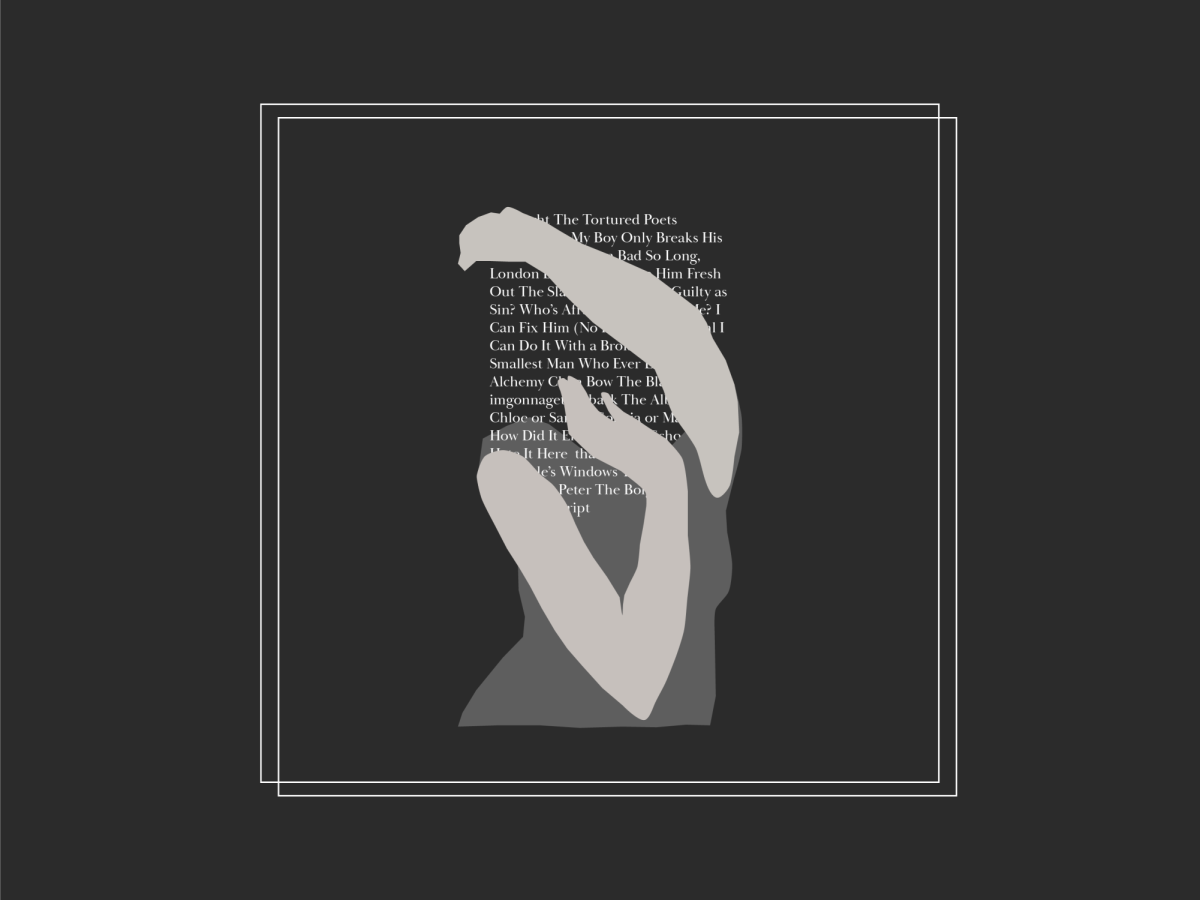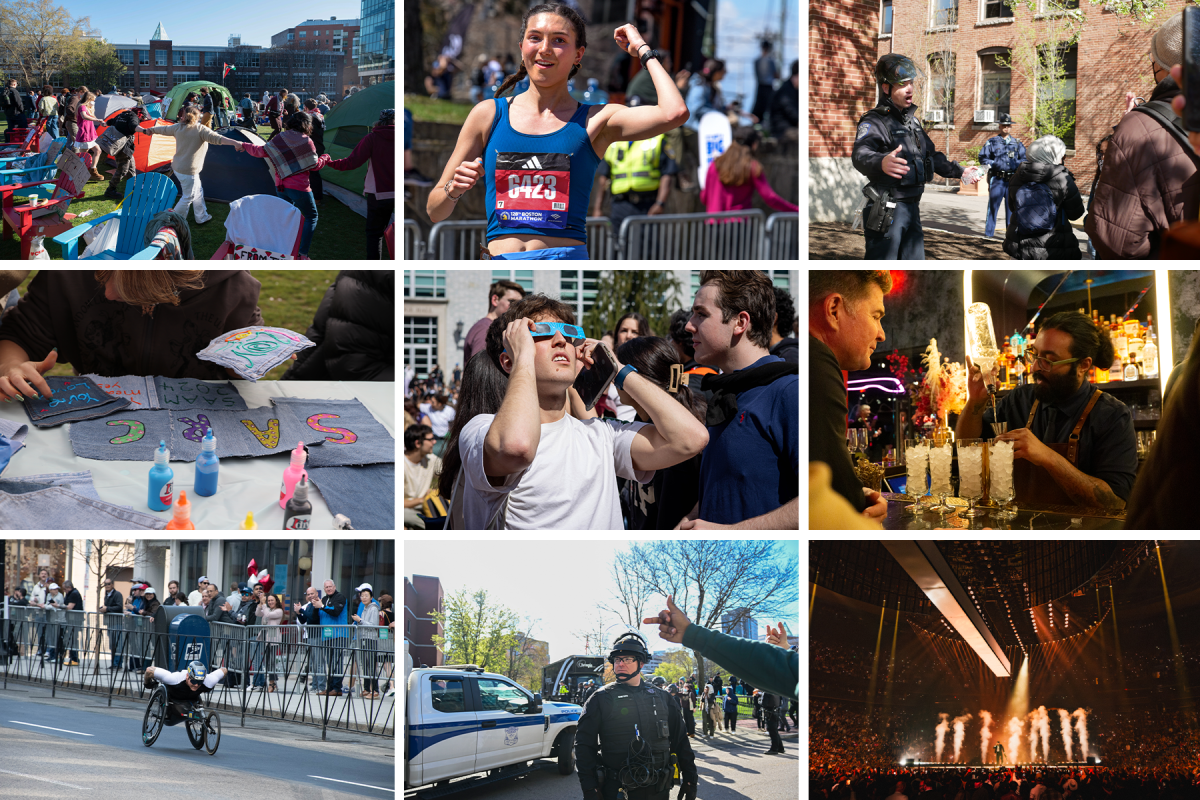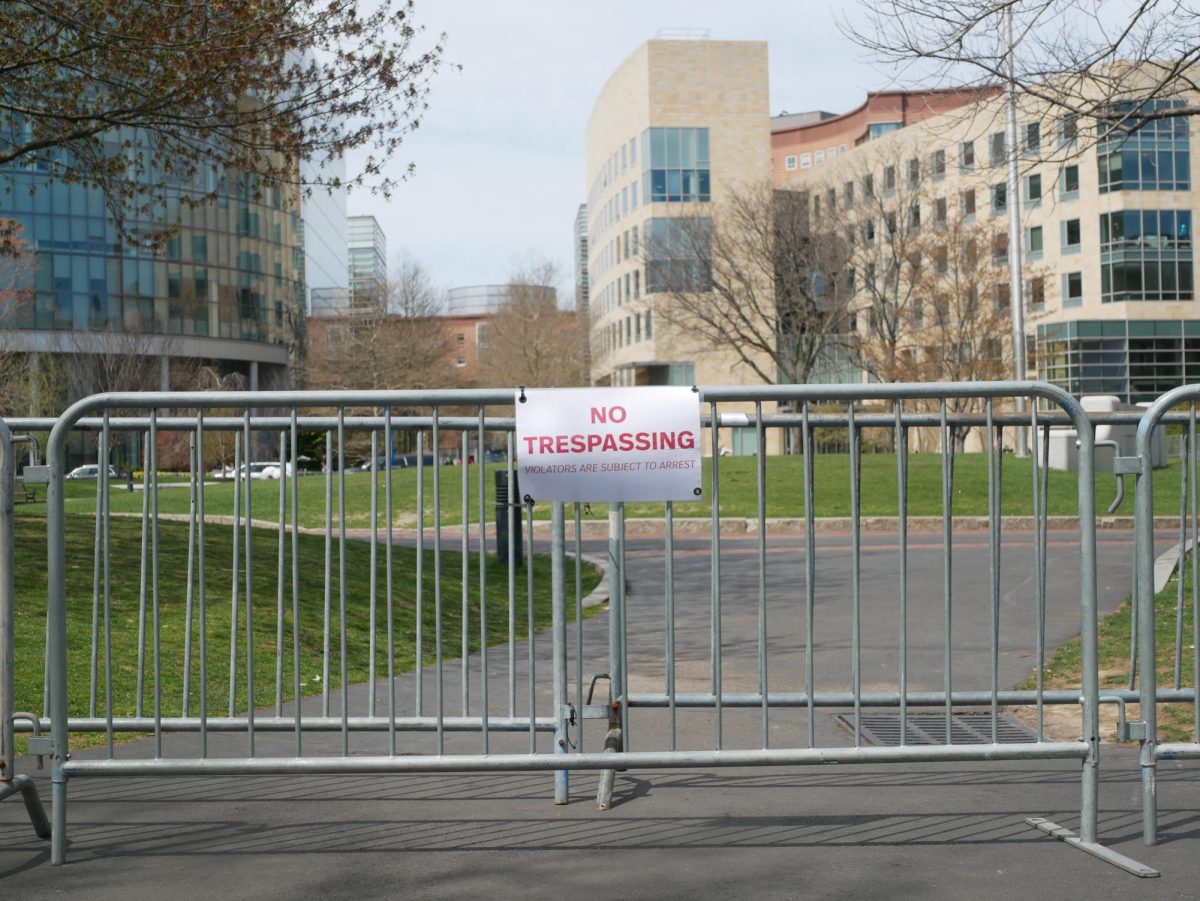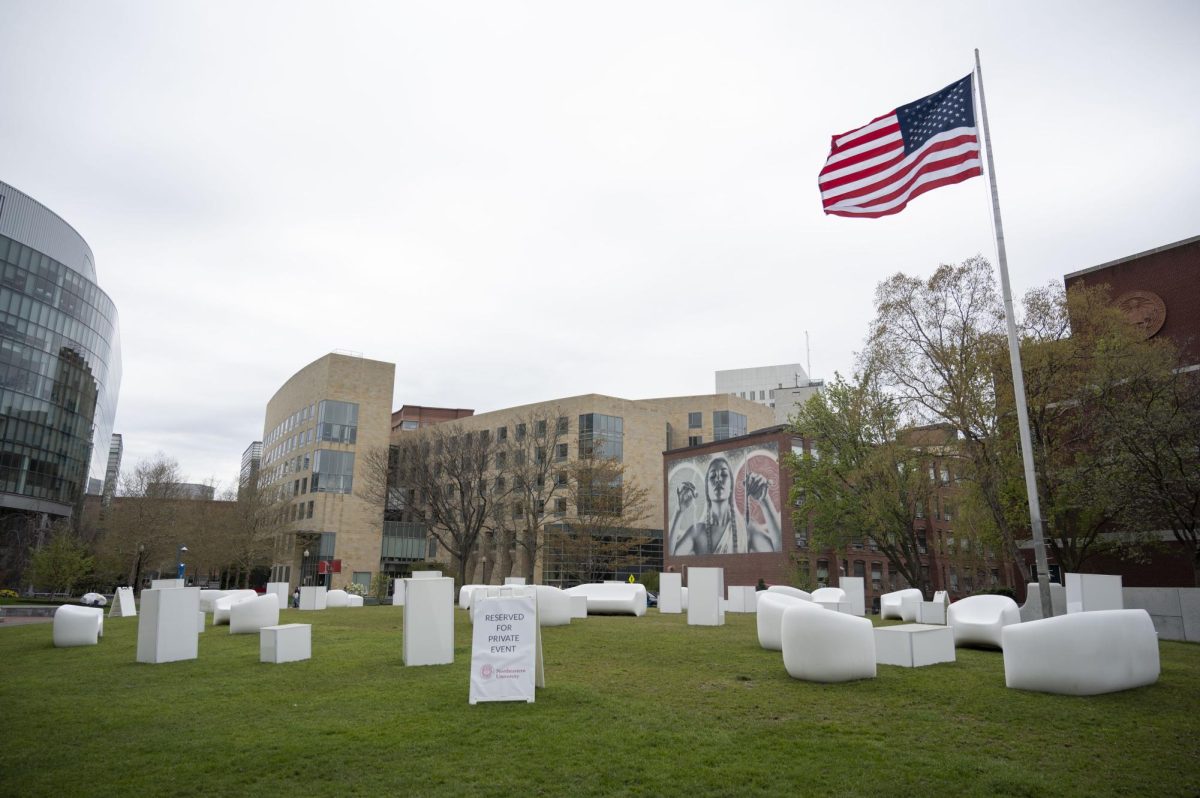By Renee Wright
As Northeastern strives to break into the U.S. News ‘ World Reports’ Top 100 Universities, one tool at the disposal of the university is an array of majors that are not easily found at other institutes of higher education.
Northeastern has the advantage of a great location of being in the city of Boston. But so do Harvard, Boston College and Boston University. So NU uses its big guns, things that may put the university over the top with prospective students: co-op and several academic programs you most likely will not see at other schools.
One of these majors is American Sign Language (ASL), which is within the College of Arts and Sciences. According to Dennis Cokely, the director of the ASL program, out of about 110 programs nationwide, Northeastern’s sign language program is the only one to offer a cooperative education option. He also says that, because of semester conversion, changes are in the works to make the program even more unique.
“We will be the only program in the country that has a curriculum that is based on the types of interactions and discourse that interpreters encounter,” Cokely said. “This makes our program even more unique than it is, at least, until others try to imitate us.”
According to Cokely, one of the things that makes NU’s ASL program so unique is the option of a special co-op at the Learning Center for Deaf Children in Framingham. What makes this center special is that ASL is used almost exclusively there, thus allowing the co-op students to be subjected to a complete “immersion environment.”
For the past 15 years, the ASL program has received a federal grant to help support working ASL interpreters throughout New England, providing another opportunity for students.
ASL classes were first offered at Northeastern during the 1970s through the psychology department. Though it was what Cokely calls a “long-standing social concern at Northeastern” for awhile, ASL eventually became available as a major, one that he believes is compatible with NU because it is by nature a practice-oriented program.
Bouv












